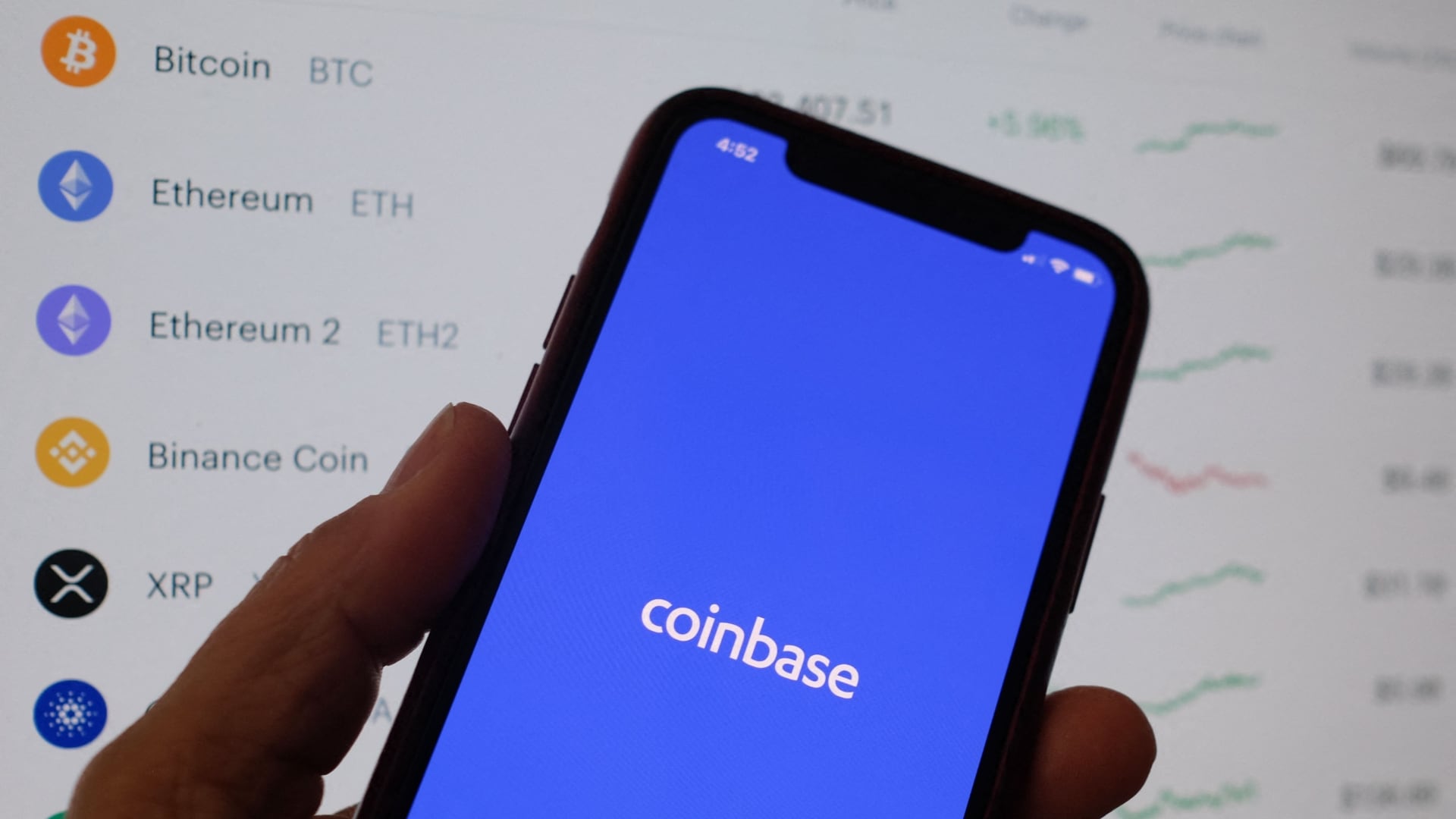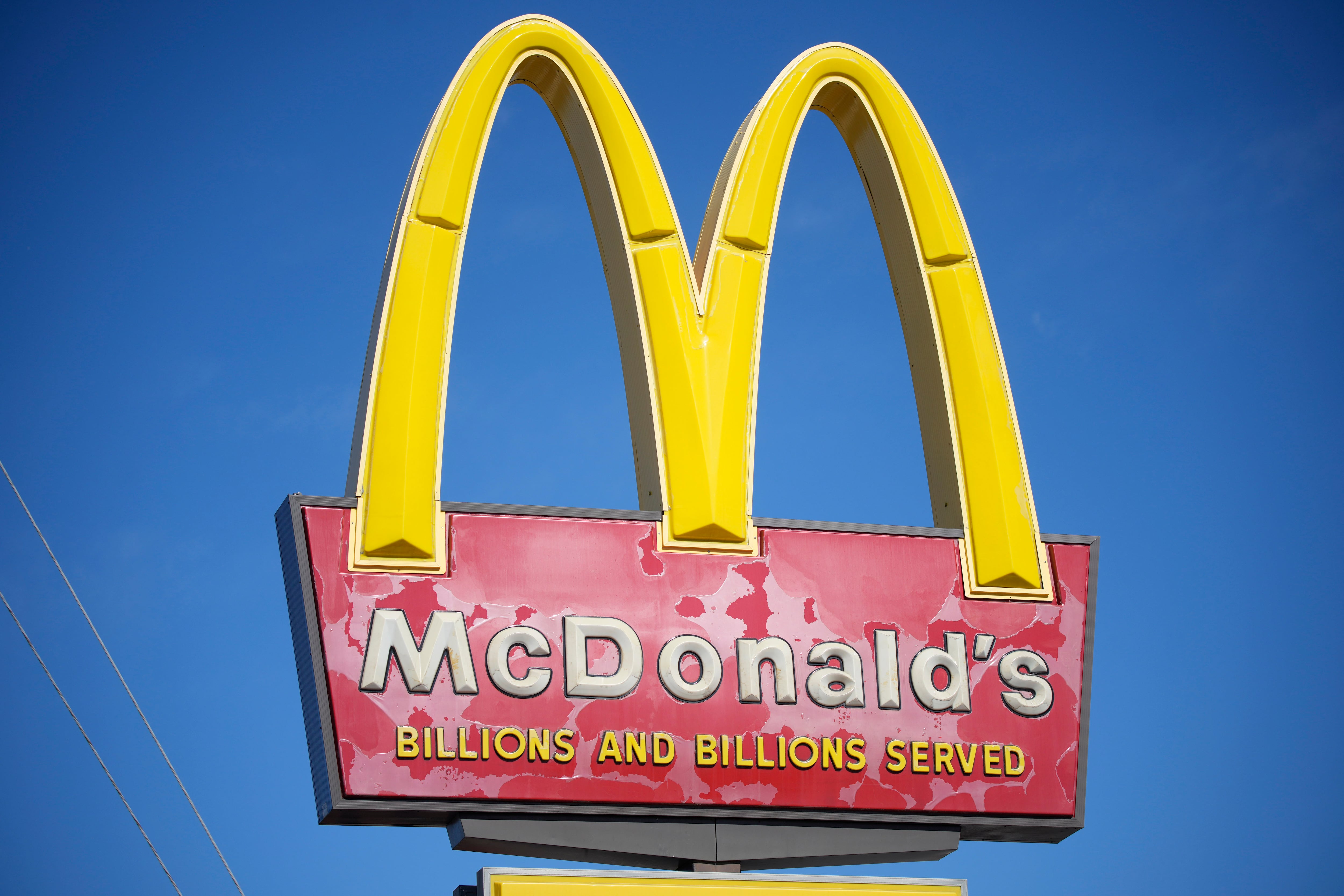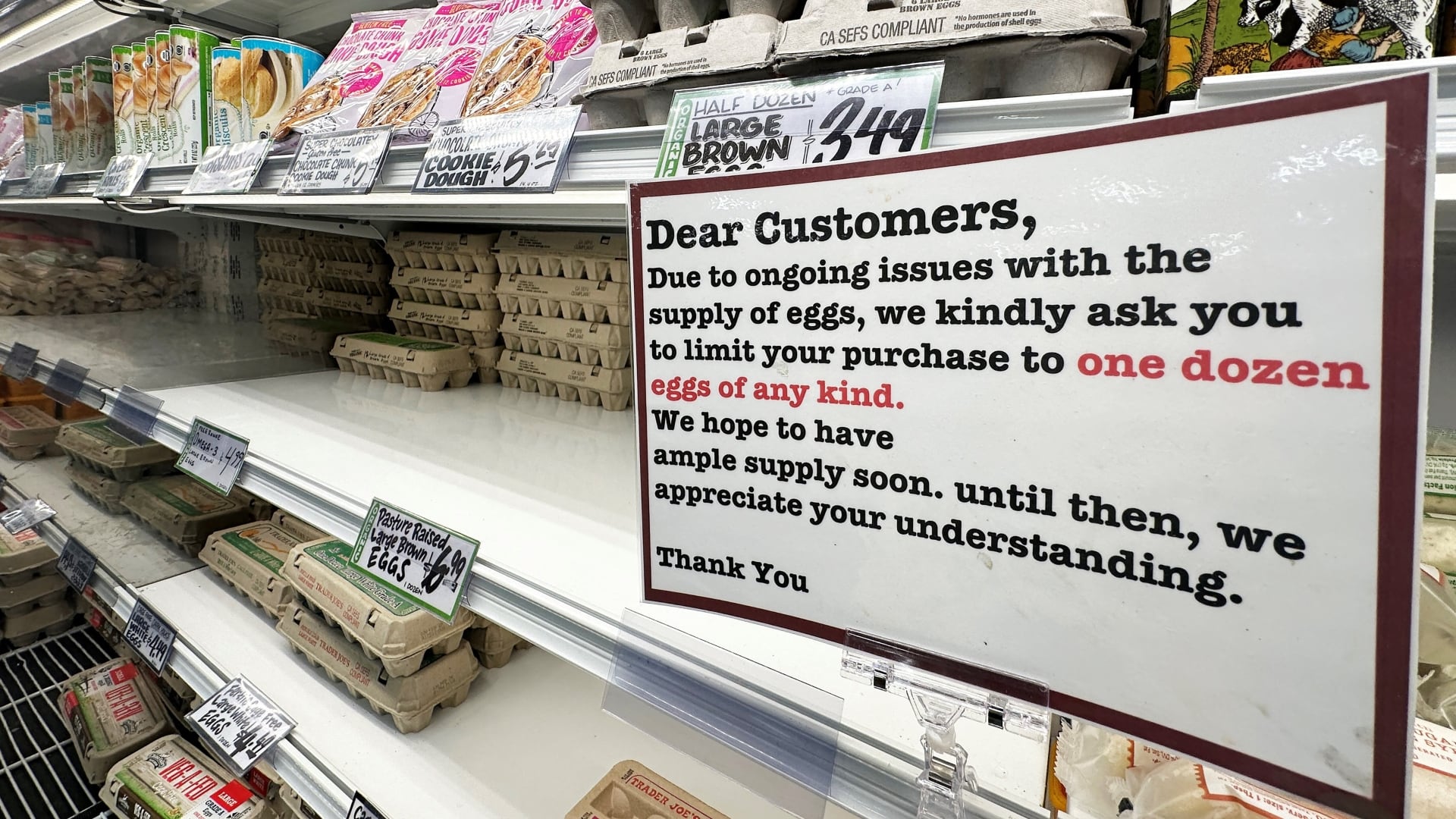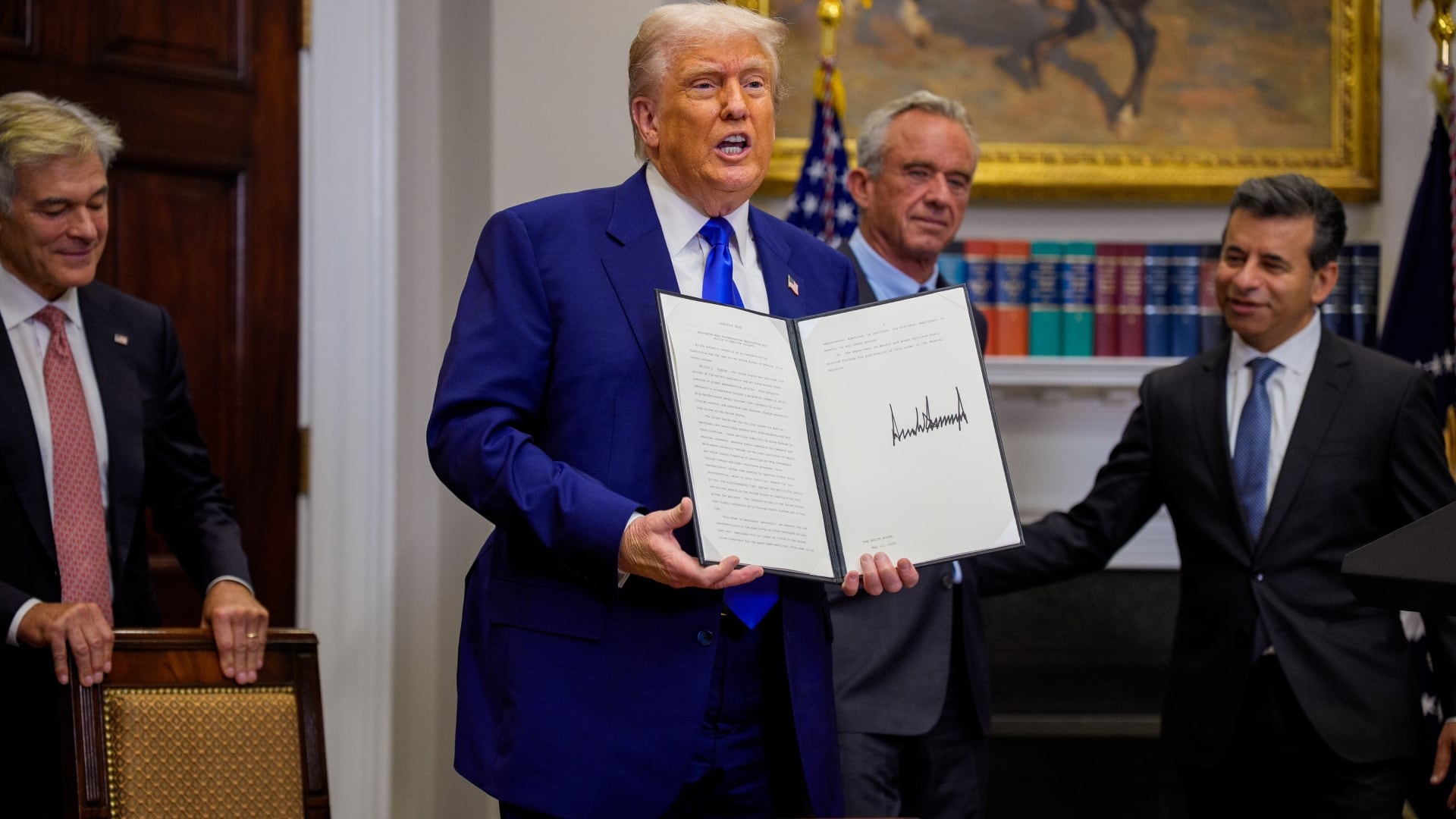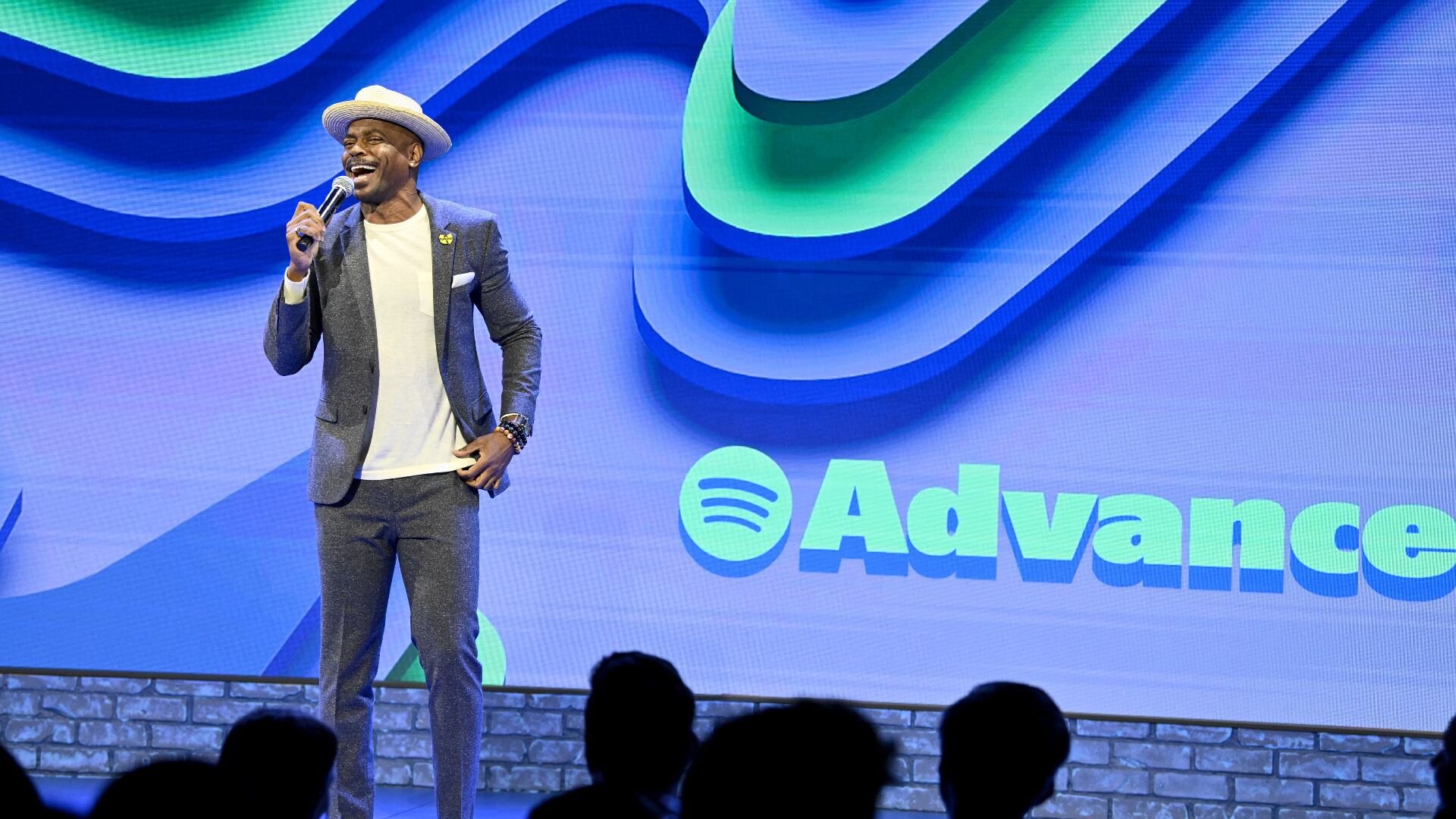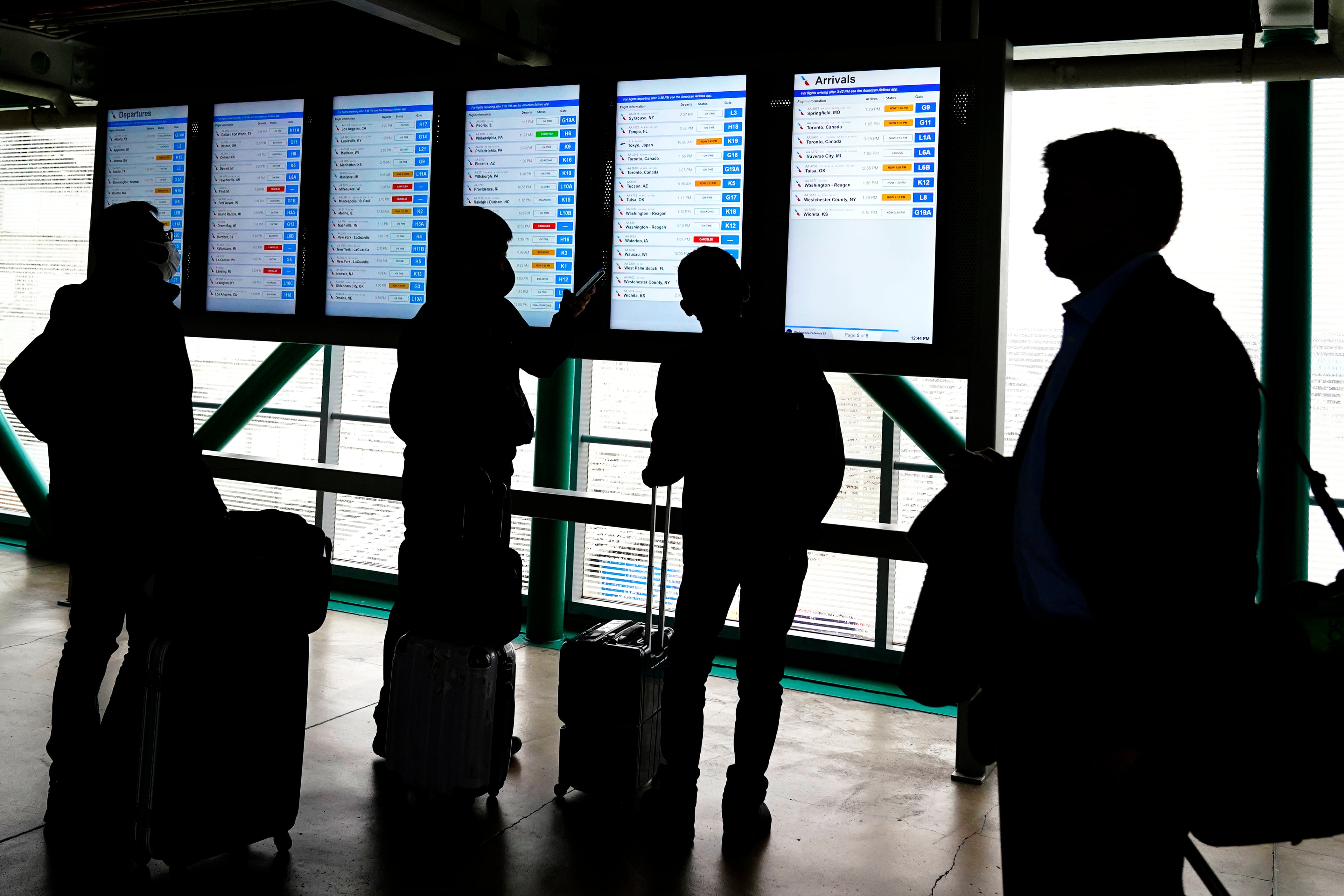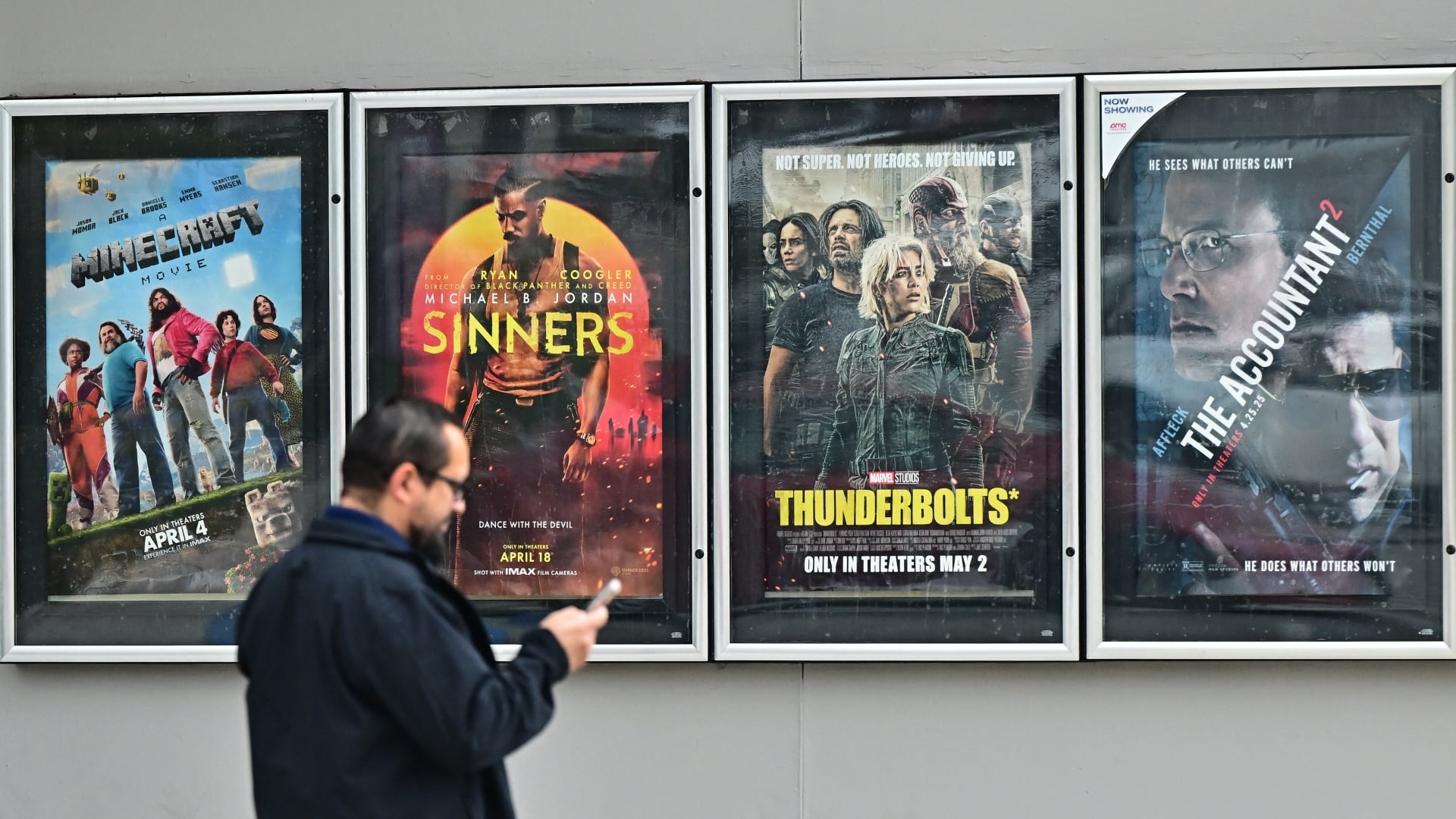By Christopher Rugaber
Prices for U.S. consumers jumped in June by the most in 13 years, extending a run of higher inflation and fueling concerns that the rapidly rebounding economy is making goods and services increasingly expensive.
Tuesday's report from the Labor Department showed that consumer prices in June rose 0.9% from May and 5.4% over the past year — the sharpest 12-month inflation spike since August 2008. Excluding volatile oil and gas prices, so-called core inflation rose 4.5% in the past year, the largest increase since November 1991.
The pickup in inflation, which has coincided with the economy’s rapid recovery from the pandemic recession, has heightened concerns that the Federal Reserve might feel compelled to begin withdrawing its low-interest rate policies earlier than expected.
If so, that would risk weakening the economy and potentially derailing the recovery. Fed officials have repeatedly said, though, that they regard the surge in inflation as a temporary response to supply shortages and other short-term disruptions as the economy quickly bounces back.
The jump in prices stems in many cases from a shortage of components and goods throughout the economy, from semiconductors to used cars, as well as surging demand from consumers who are increasingly traveling, shopping and eating out — and too few workers to serve them. Wages have increased sharply as a result, along with restaurant meals, airline fares and hotel rates.
Last month alone, average used car prices soared 10.5% — the largest such monthly increase since record-keeping began in January 1953. That spike accounted for about one-third of the monthly increase for the third straight month.
Hotel room prices soared 7% in June. And the cost of new cars leapt 2%, the biggest monthly increase since May 1981. Auto prices have soared because the shortage of semiconductors has forced car makers to scale back production.
Restaurant prices rose 0.7% in June and 4.2% in the past year, a sign that many companies are raising prices to offset higher labor costs.
So far, investors have largely accepted the Fed's belief that higher inflation will be short-lived, with bond yields signaling that inflation concerns on Wall Street are fading. Bond investors now expect inflation to average 2.4% over the next five years, down from 2.7% in mid-May.
Americans' longer-term views on inflation have also leveled off. A survey by the Federal Reserve Bank of New York, released Monday, found that consumers expect inflation to remain near 5% a year from now. But they expect inflation to be 3.5% three years from now, down slightly from last month. Consumers typically overestimate future inflation.
The public's expectations of inflation are important, because they can be self-fulfilling. If consumers foresee higher prices, they are likely to demand higher pay, and businesses will try to charge more to offset their higher costs.
The Fed is aiming for inflation to exceed its target of 2% for some time to make up for the fact that inflation fell below that level for most of the past decade. The Fed wants inflation to average 2% over time to prevent Americans' inflation expectations from falling too low.
